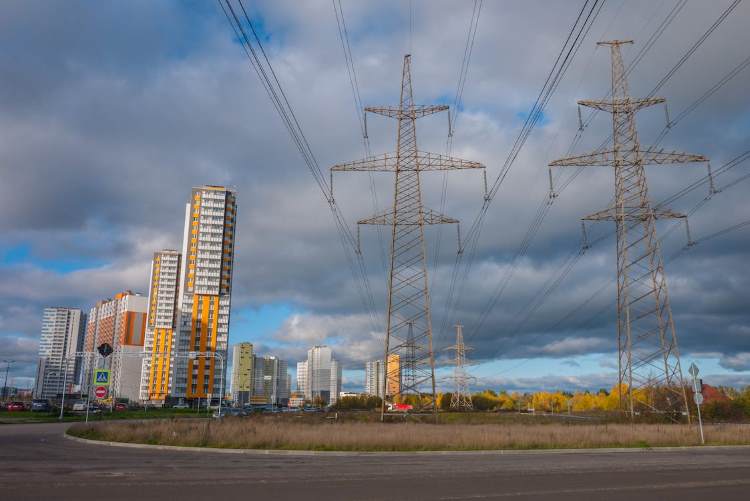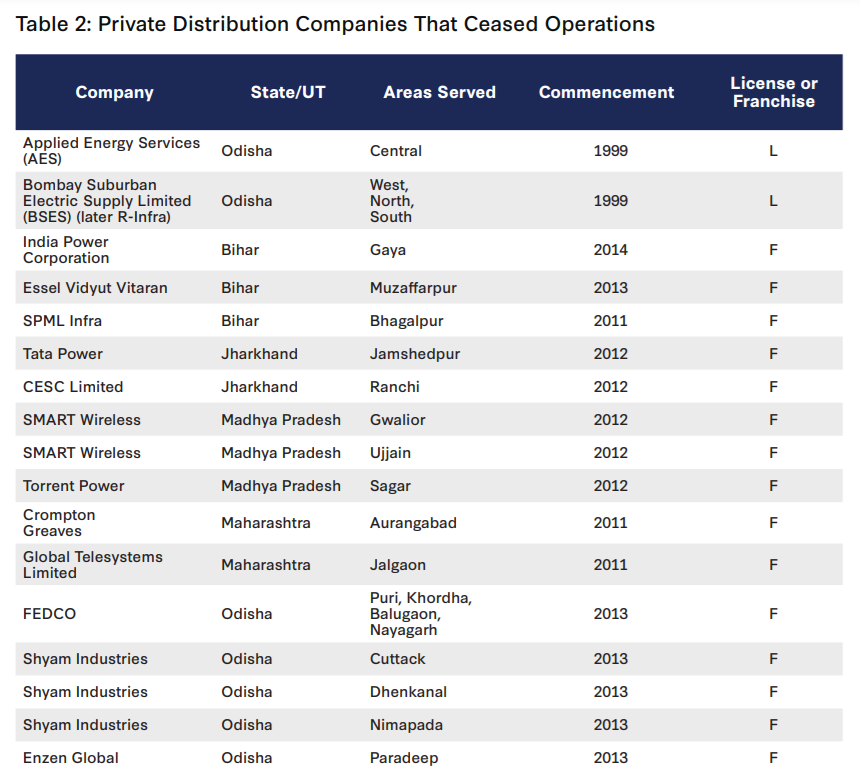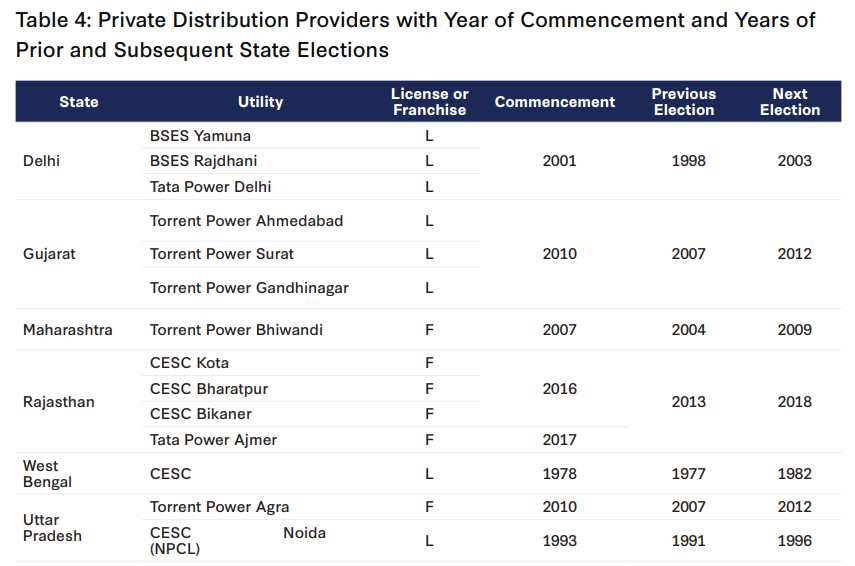
India’s power sector reforms: India’s efforts to privatise its power sector revealed the critical role of state-level policymaking in the energy sector. While much attention is often lavished on the initiatives of the union government, the intricate dynamics and reforms at the state level present opportunities and challenges that are important to understanding India’s energy sector.
Privatisation in India’s power sector has been influenced by historical shifts in policy and investment patterns, particularly in 1990s with significant US investment in grid-scale generation capacity and, in the state of Odisha, in distribution. The involvement of U.S. companies in projects across various states met with a host of challenges, including payment delays and contractual disputes, exposing the complexities of the Indian power market.
READ I Digital public good: Can UPI survive without merchant fees?
Power sector reforms address inefficiencies
Power sector reforms have been the cornerstone of India’s economic policies aimed at fostering a more efficient, sustainable, and inclusive energy industry. These reforms have sought to address the chronic inefficiencies, enhance competition, and attract private investment to meet the growing demand for electricity.
By integrating renewable energy sources, improving grid infrastructure, and promoting decentralised distribution models, India seeks to achieve energy security, environmental sustainability, and access to affordable electricity for all its citizens. These reforms represent a holistic approach to restructuring the power sector to align with global trends and domestic priorities, setting a foundation for a resilient and adaptive energy system.
A crucial aspect often overlooked in discussions about India’s power sector is the impact of technological advancements. The rapid development and integration of smart grid technologies, renewable energy sources, and energy storage solutions present both challenges and opportunities for the privatisation model.
These technologies offer the potential to enhance operational efficiency, reduce losses, and enable the integration of clean energy into the grid. However, they also require significant upfront investment, regulatory support, and capacity building among stakeholders. They also require thoughtful rollout strategies to ensure consumers are comfortable with their adoption. Highlighting the role of technology in shaping the future of India’s power sector is essential for understanding the full scope of privatisation and its implications for the energy transition.
Odisha stands out as a pioneering example of electricity sector privatisation in India. Initially undertaken in the 1990s, Odisha’s journey through privatisation, its subsequent challenges, and the eventual re-privatisation efforts provide a compelling case study of the potential benefits and pitfalls of such endeavours. These experiences highlight significant operational improvements and financial viability that can be achieved through privatisation, yet they also underscore the nuanced challenges that accompany these transformations, especially in balancing urban and rural needs.
Private sector in distribution
The discussion extends beyond mere operational efficiencies to encompass the broader implications for India’s energy transition and climate change goals. The recently published report titled India’s Private Power Market: Expanding Private Sector Electricity Distribution by the Centre for Strategic & International Studies (CSIS), Washington, DC emphasises the criticality of operational improvements within the electricity sector as foundational to achieving ambitious renewable energy targets.
This perspective is not only pragmatic but essential, as it situates operational efficiency as a cornerstone for sustainable energy transition. States like Gujarat, Haryana, Punjab, Uttarakhand, and Assam have been able to take the difficult political decisions required to reform their state-owned distribution companies. States unable to initiate power sector reforms should consider roles private companies can play in improving the electricity sector.


At the heart of the debate on privatisation is a complex interplay of political, operational, and social factors that state governments must address. The insights gleaned from the operational efficiencies of private versus public discoms, the regulatory frameworks that govern these entities, and the importance of ensuring customer satisfaction and effectively managing employee transitions offer a 360-degree view of the privatisation efforts. These elements are crucial for states considering the path towards privatisation, highlighting the need for a balanced and informed approach.
Furthermore, the socio-economic implications of privatising the power sector warrant a closer examination. Privatisation efforts have the potential to significantly impact employment patterns within the energy sector, consumer electricity prices, and the economy of the region involved.
While privatisation can drive efficiency and investment, ensuring that these benefits are equitably distributed and do not exacerbate social inequalities is paramount. A comprehensive analysis must consider how privatisation affects not only the operational aspects of the power sector but also its broader socio-economic outcomes, including job security for workers, affordability of electricity for low-income households, and the economic development of rural and underserved regions.
Political considerations, particularly the electoral implications of power sector reforms and the resistance from employee unions, are among the most significant challenges to privatisation. The report offers an insightful analysis of these dynamics, suggesting that while political and employee resistance can be formidable obstacles, they are not insurmountable. This analysis is complemented by a detailed checklist for states contemplating privatisation, drawing on India’s own experiences to provide a practical guide for navigating the complex process of transitioning to a privatised power market.
The comprehensive exploration of India’s efforts towards privatisation of its power market, informed by historical context, operational insights, and a nuanced understanding of the challenges and opportunities at the state level, offers a rich perspective on the potential pathways to achieve energy transition and climate change mitigation goals. The report serves as a valuable resource for policymakers, offering detailed analysis and recommendations that are grounded in India’s unique context, providing a roadmap for effective privatisation efforts in the power sector.
Richard Rossow is senior adviser and holds the Chair in U.S.-India Policy Studies at the Center for Strategic and International Studies (CSIS), a Washington DC-based think tank.
Richard Rossow is a leading expert in US-India commercial ties. He leads the India program at the Center for Strategic & International Studies, and the India advisory team at McLarty Associates.

